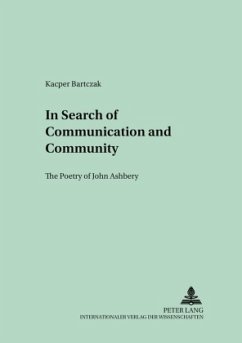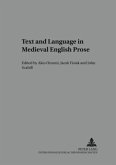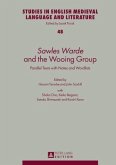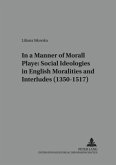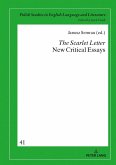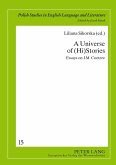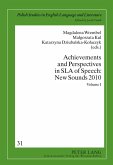This book is an attempt to offer a reading of the poet's oeuvre that will venture beyond indeterminacy and retrieve a human struggle inscribed in the poetry. The author proposes an eclectic approach that allows the reader to see Ashbery's poetry as part of a fascinating intellectual landscape. Departing from the work of such critics as Perloff, Bloom, and Altieri, the study structures lively transactions between poetry, literary criticism, art, and the work of philosophers: Stanley Cavell, Richard Rorty, Donald Davidson, and Ludwig Wittgenstein. Such background provides a theoretical platform for the new reading of many of Ashbery's most important poems. The resulting interpretations give us a poet who, desiring to obtain communicative passages toward the other, must overcome varieties of skepticism and solipsism. Parallel to these developments is the emergent perspective of a larger community of language users who share a strange, menacing, but beautiful world - our world.

